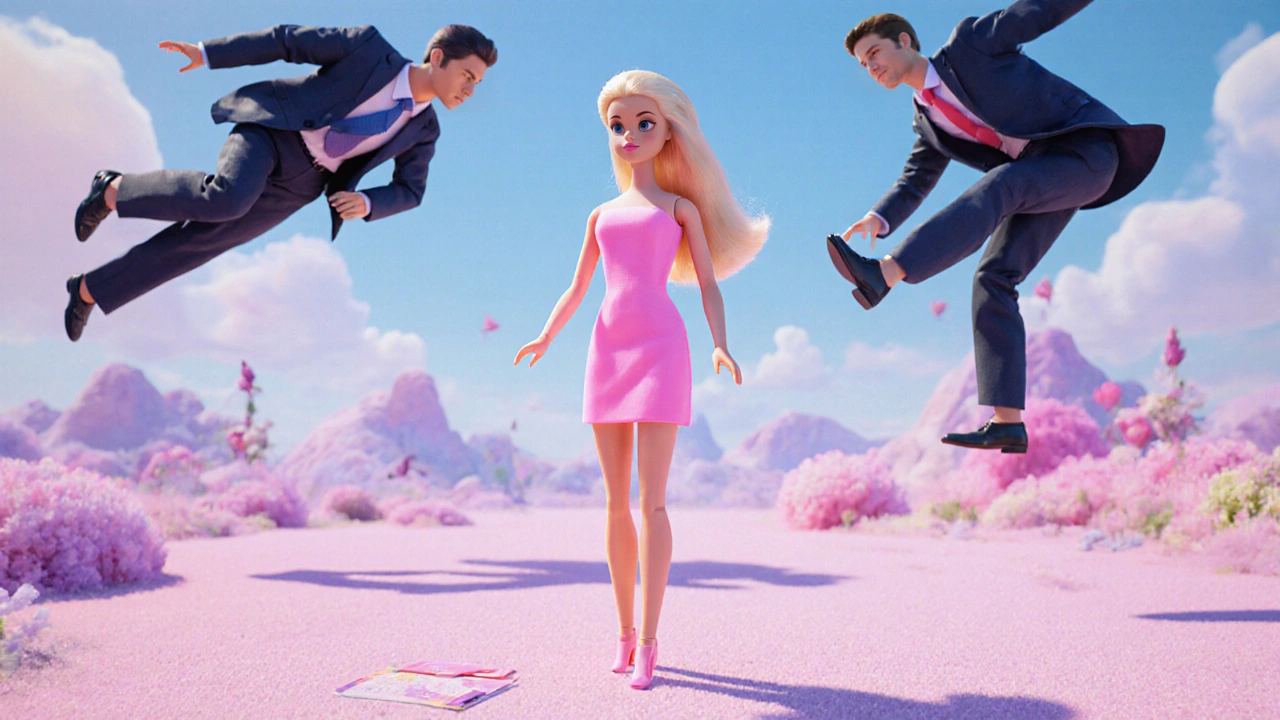Pretty Woman: The Film That Redefined Romantic Comedy
Pretty Woman, a 1990 romantic comedy starring Julia Roberts and Richard Gere, turned a simple fairy-tale premise into a global phenomenon. Also known as the movie that launched Julia Roberts into superstardom, it didn’t just entertain—it reshaped what audiences expected from love stories on screen. Before Pretty Woman, romantic comedies were often light, silly, or overly idealized. This film kept the charm but added grit, humor, and real emotion. It made a sex worker the heroine without turning her into a stereotype. It gave a wealthy businessman a soul, not just a suit. And it made millions of people believe that love could find you in the most unexpected place—even if you were wearing a red dress and walking down Rodeo Drive.
What made Pretty Woman stick wasn’t just the chemistry between Roberts and Gere. It was the way the movie treated its characters like real people, not plot devices. The film’s success also sparked a wave of similar stories—films that asked, what if the underdog got the happy ending? Think of Julia Roberts, the actress whose breakout role in this film defined her career and made her one of the most bankable stars of the 90s. Or Richard Gere, the actor who traded his aloof persona for vulnerability, proving he could carry a romantic lead. Even the soundtrack—full of 80s hits and soaring ballads—became part of the cultural fabric. The movie didn’t just reflect the era; it helped define it.
Pretty Woman didn’t win Oscars, but it won something bigger: repeat viewings, late-night TV slots, and generations of fans who still quote lines like "Big mistake. Huge." It’s the kind of film you watch when you need to feel hopeful. You don’t need a limo or a luxury hotel to relate. You just need to believe someone sees you—not for what you do, but for who you are. Below, you’ll find posts that dig into the movies, performances, and ideas that grew out of this one. From how it changed romantic comedy to how it influenced the way we talk about class, power, and redemption on screen—this is where those stories started.
From Pretty Woman's rescued sex worker to Barbie's feminist revolutionary, romantic comedy heroines have evolved from passive figures to active changemakers - reflecting real shifts in how women see themselves and are seen.
View More

